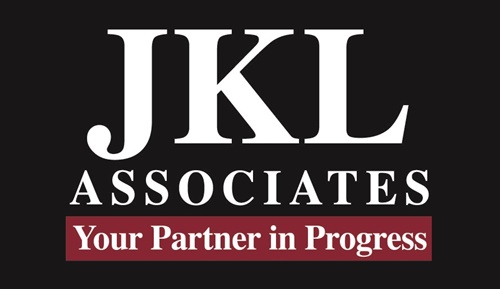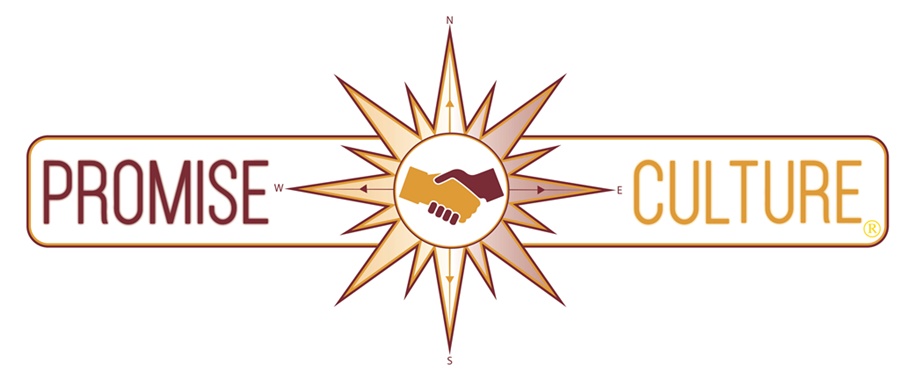July 11, 2019
ISSN# 1545-2646
Work Ethic Gap
Warning – Opinions expressed in this communincation may not be shared by all.
I heard it again the other day from a businessperson complaining about the younger generations and how lazy they are in the workplace. My initial reaction could have been to agree with them, but do to some of my experiences and some looking into this perception I decided to ask a few questions to dig a bit deeper into the person’s concerns.
As we had our discussion a few interesting elements began to emerge. Lots of people like to banter around this whole generation gap or difference between the various age groups. Boomers vs. Gen X or Millennials and Gen Z, which ever grouping you want to compare there are always going to be differences. The issue we began discussing was not specific to an age thing but more of the environment these groups were brought up in. Depending on when they were raised and maybe more importantly to our discussion was how they were raised is having the greatest influence on this impression of a generation of lazy people.
There is no doubt about it there are individuals who, based on their upbringing come into the workplace without the mindset or skill set to contribute on a regular and consistent basis. The past cycle of time has fostered many entitlements that potentially, at their onset, were not intended to grant unlimited or untethered consequences. The reality is that each subsequent grouping wanted better for their children. This is natural to want more or better things for those coming after you. The challenge was that the same people complaining about the “lazy” generations are the same people who contributed to the problem. To a degree they don’t want to blame themselves, but they directly contributed to the issues.
Developing work ethic requires the action of doing work. It requires the acknowledgment of reward for making a contribution through working toward something – an end goal. When we take away the fundamental learning of working toward an end objective and reward for just showing up then we continue to perpetuate the environment of not having to work and the work ethic of reward for contribution slides away.
We need to stop blaming or singling out resources, who, to a degree, have not had to work for reward. We need to help them embrace the self-value they receive for taking specific action to contribute and receive not just acknowledgment for work well done but also for the self-value they bring to themselves in the process.
In my personal view on this rather touchy subject, there are many younger resources entering the workplace that still do have quality work ethics. These resources are employed or will be quickly employable. They don’t have time to complain or spend time voicing their opinions about how work life should be compensating them and what work should allow them to live their lifestyle without regard to cost of living vs. the rewards for working for a living.
This debate will not be going away anytime soon. As business leaders we need to be open minded to the full suite of reasons how resources are ending up in the workplace. Business leaders will need to address some of the fundamental work-related aspects which might have been part of prior employees makeup but today cannot be considered to be already understood. Yes, it can be frustrating but the business leaders of today contributed to the outcomes we are dealing with today so take some ownership and put in place ways to assist future resources to develop the talents needed to be a best-in-class workforce.
This week look at how your organization is setup to engage employees into being the best at not just their role but also for themselves. The more you invest in helping your team be a fuller contributor to themselves the more they will be oriented around contributing in their work role.
Wondering how you can review your organization for opportunities in building a best in class workforce? Give JKL Associates a call at (313) 527-7945 or (407) 984-7246 and let’s have a conversation.
Questions or comments – email us at partners@jklassociates.com or call our Offices – MI at (313) 527-7945 FL at (407) 984-7246
Our Purpose – To build Relationships rooted in “Purpose” so authentic contributions deliver “Promises”
A life where a “Promise” means something!

